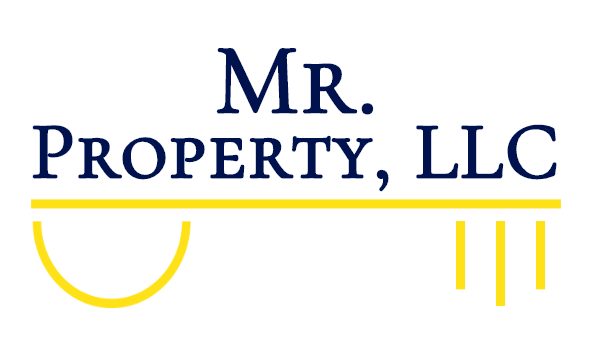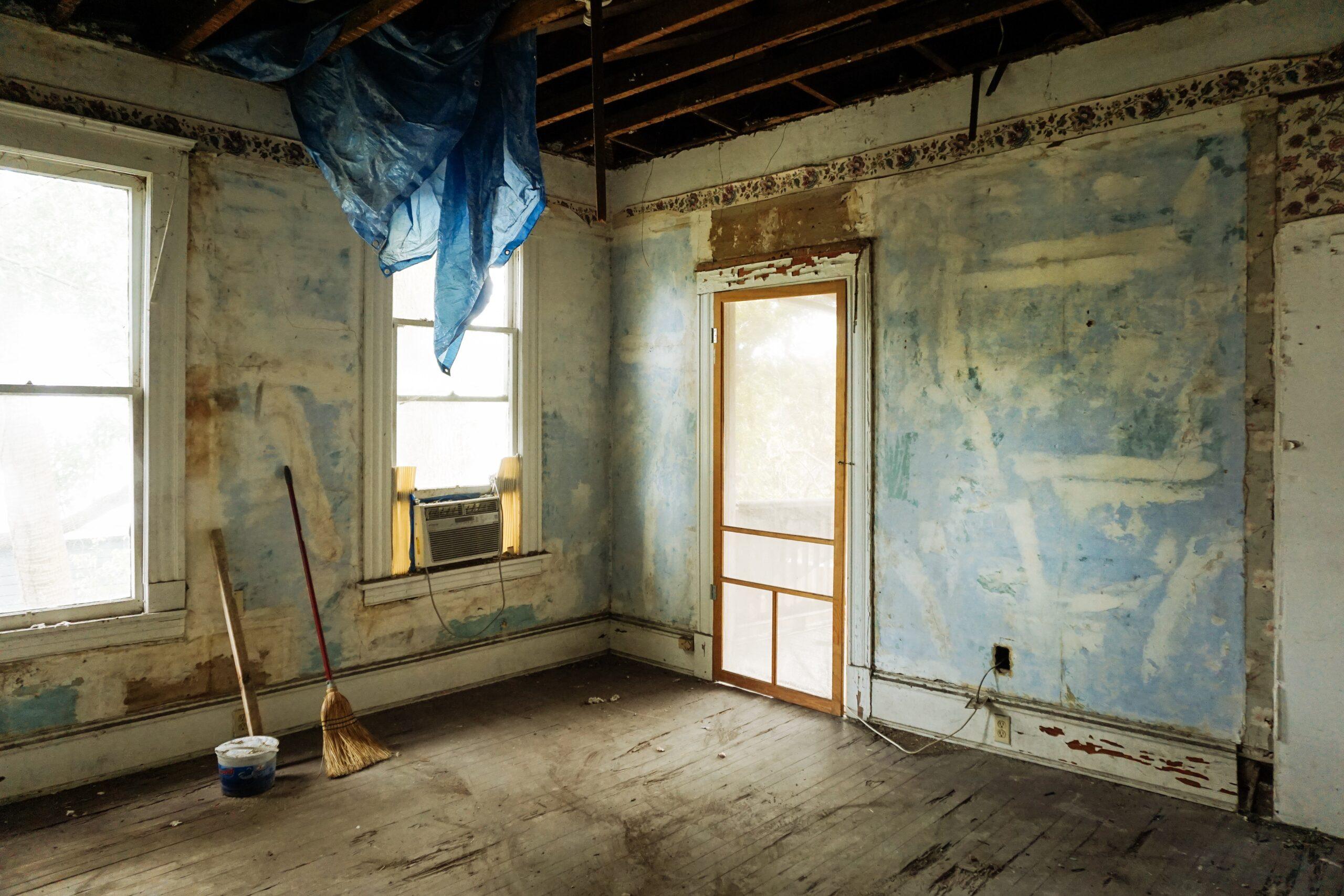Landlording is a business by itself and is something a lot of first time investors can overlook when starting their real estate journey. Some people see it as two simple tasks: collecting rent, and fixing things when they are broken. Thinking of the operation this way, is interpreting the practice as a hobby, rather than a business. These people would be wrong and fail to grasp the tasks that you may have to do to manage the property.
While this sounds like a letdown and feelings of being overwhelmed may start to arise, there is some good news. Most of these tasks become repetitive and after some experience you will gain confidence and the ability to manage anything that can be thrown at you. When you start to understand this, there is a choice to make. Will you consider yourself a landlord by hobby or will you develop a business because you are a landlord? The difference is pretty simple, but ultimately an autonomous one. Businesses run their daily operations by creating standard operating procedures so that when a problem arises everyone knows the solution and the practice to achieve it. This allows you to be prepared for the repetitive and perpetual problems and with assurance that they will be dealt with correctly.
When you decide to be a landlord there are many more tasks to take care of than most people see. We have created a list of most things that a landlord is responsible for below.
- Preparing a property to rent
- Collecting forms for the business
- Placing ads in multiple areas for exposure
- Placing signs in the yard
- Setting fair market rent
- Setting a Security Deposit
- Setting Minimum qualification standards
- Taking phone calls from prospective tenants
- Pre Screening Prospective tenants
- Setting and Giving Tours
- Meeting with tenants
- Answering Questions about the property
- Selling the properties features
- Calling former landlords
- Verifying employment/ income
- Running background, credit, and eviction checks
- Approving good tenants
- Denying bad tenants
- Scheduling lease signing
- Complying with fair housing Laws
- Signing lease and addendums
- Inspecting condition of property before move in
- Setting up payment methods for rent
- Accepting and depositing rent/security deposit
- Making sure utilities are properly transferred
- Getting copies of lease to all parties
- Accepting phone calls from tenants
- Handling and Scheduling Maintenance Requests
- Settling disputes between tenants
- Raising rent when appropriate
- Ensuring tenants comply with lease
- Ensuring tenants keep the property in good condition
- Scheduling inspections and inspecting the property
- Keeping and maintaining a list of reputable licensed contractors
- Managing contractors
- Checking process on any repairs
- Paying contractors
- Dealing with legal paperwork
- Evicting and all of the legal process that goes along with it
- Dealing with tenants who may be unruly
- Making sure property is up to code
- Accepting notice to vacate and overseeing the transition
- Bookkeeping
- Keeping a record of tenant communications
- Monitoring and paying bills that are not covered by the tenant
- Monitoring and scheduling the landscaping
- Producing monthly reports on financials of the property
- Responding to legal threats against landlord
- Performing move out inspection
- Handling repairs after move out
- Returning security or correctly applying it to repairs
- Changing locks
- Staying up to date with local and federal laws
- Keeping tenants happy
- Keeping the property running at peak performance
This can be very intimidating for some people. If you have no interest in learning how to handle all of this and handling it well, then it might be best to look into property management professionals. Good management no matter who does it should protect and grow the investment of the property and a good property manager does this. Without good management, the success of the property could dwindle or fail, costing the owner a lot of money.
You may be asking what do property management companies do? While they cannot handle every aspect of the property they can handle almost everything on this list. Most property management companies keep an eye on the market and consistently run advertisement that brings in prospective tenants year round. They will oversee the day to day and if everything goes well you will never even have to meet the tenants. However, all of this really depends on the property owner and their needs. Property managers essentially do what the owner does not want, is not capable of, or needs assistance doing.
Now the question everyone is asking: What does it cost? Depending on the area and company the costs can vary (apologies for the not-so black-and-white answer). For a single family home or small residential rental, most will charge anywhere between 8-12 percent of the rental income per month, a large one time renting charge anywhere from 50-100 percent of the first month’s rent, markup on contractors labor, project management time and material hourly, and a renewal fee. These all can vary between companies and locations and some include and remove certain fees and costs depending on how they do business. The best way to find out exactly is to call up management companies and compare the costs that they state. If this seems like a lot, understand that the idea is to free up the owner’s time so they can focus on higher value tasks.
To put this into comparable terms, if rent is $1000 per month the property manager at 10% would get paid $100 a month for the duration and anywhere from $500-$1000 one time for placing tenants in the rental. In total you have paid the management a maximum of $2200 in an entire year for that rental prior to any fees that may be included. This is all while you have never stepped foot in that rental or even taken a tenant call since you purchased the property, not to mention grossed $9,800. If this frees up the owner to buy even one more investment, the payoff will be beneficial for every individual involved.
Now one of the biggest concerns of owners is that when hiring a management company their investment will not take priority on the laundry list of entities I previously presented. While this may be true, it is finding a good management company that suits your needs and does the best possible by your property. This can usually be seen by how the property is upheld and the time it spends vacant. If a management company can not fill a unit or they do not actively inspect the property regularly for repairs then you will probably want to start looking for a better one. The owner should be in strong, consistent, and reliable communication from the manager on a basis that either you set the minimums to or that fits the needs currently of the property. The job of the owner is still to manage the manager and oversee that they are doing their job correctly. If the owner does a good job, the manager will, and thus the property. It all circles back into the investment of the property; whether directly or indirectly.
For more information about landlording one of my best suggestions is the book “Managing Rental Properties†by Brandon and Heather Turner. If you ever have more questions about what a management company can do for your investments feel free to contact us at Mr. Property LLC. Thank you and Happy Holidays from us all.





0 Comments